Post co-authored with Oded Cnaan, Director Innovation Business Development.
As I said in a previous post, the topic of social media is one I’ll be returning to often.
“There was of course no way of knowing whether you were being watched at any given moment. How often, or on what system, the Thought Police plugged in on any individual wire was guesswork. It was even conceivable that they watched everybody all the time.”
George Orwell from “1984”
In the “old days”, before social media sites governed the earth, people were passive spectators in the great “WWW” show. Surfing the Web was about searching and consuming content with very little personal exposure. Back then, passionate discussions were held about the potential danger of cookies as they could reveal your IP address, and most people did not even consider disclosing their email address in public sites.
 But this is all water under the bridge. Today, with more than 500 million Facebook registered users and 105 million Twitter users and 370,000 added daily, the rules of the game have definitely changed: most social network sites require users to provide personal profiles. Some sites, like Twitter, ask for only basic information while other, like LinkedIn and Facebook, offer a very detailed profile that includes personal details, employment and education history, likes and interests and more.
But this is all water under the bridge. Today, with more than 500 million Facebook registered users and 105 million Twitter users and 370,000 added daily, the rules of the game have definitely changed: most social network sites require users to provide personal profiles. Some sites, like Twitter, ask for only basic information while other, like LinkedIn and Facebook, offer a very detailed profile that includes personal details, employment and education history, likes and interests and more.
Continue reading The Age of Consent →

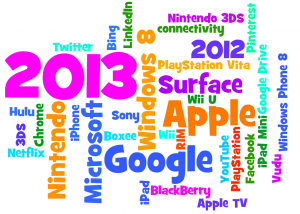

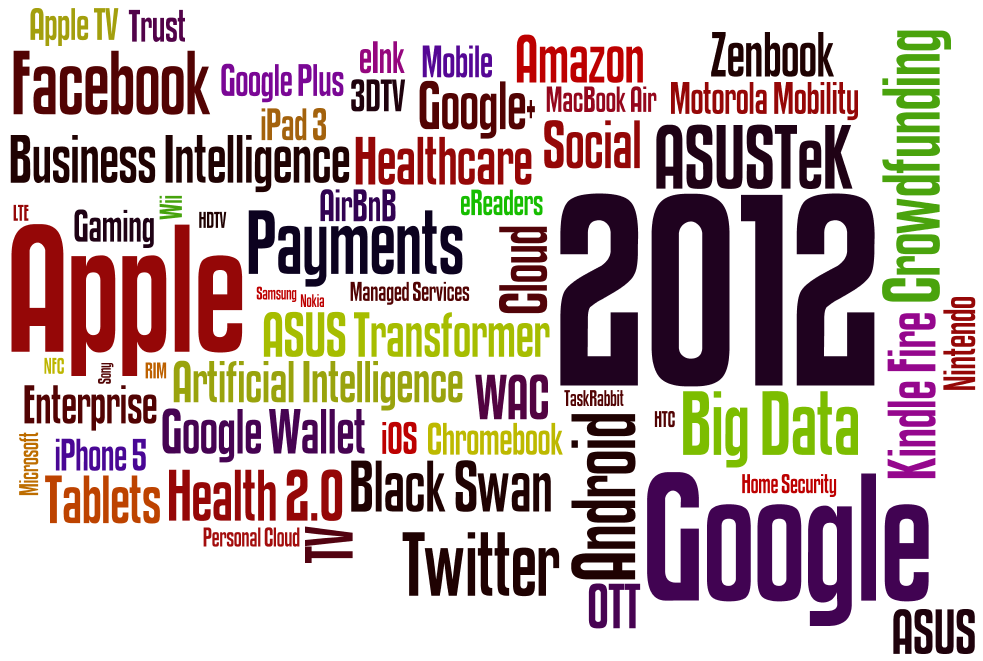
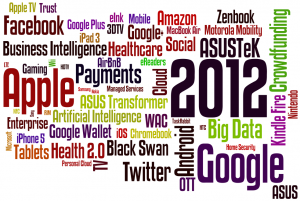
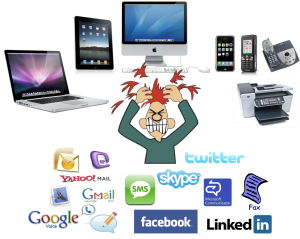
 But this is all water under the bridge. Today, with more than
But this is all water under the bridge. Today, with more than 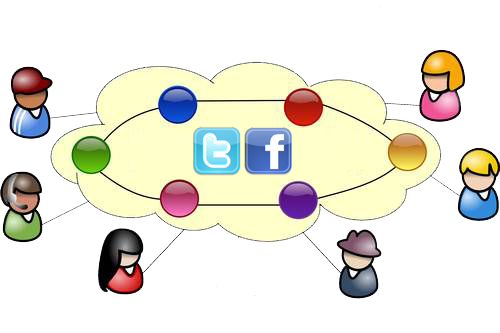
 This blog post is going to be a little bit different than the past few posts. This time, I really need your ideas about a topic that’s been on my mind for a while. I’m just going to tee up the discussion and ask you all to help with ideas.
This blog post is going to be a little bit different than the past few posts. This time, I really need your ideas about a topic that’s been on my mind for a while. I’m just going to tee up the discussion and ask you all to help with ideas.